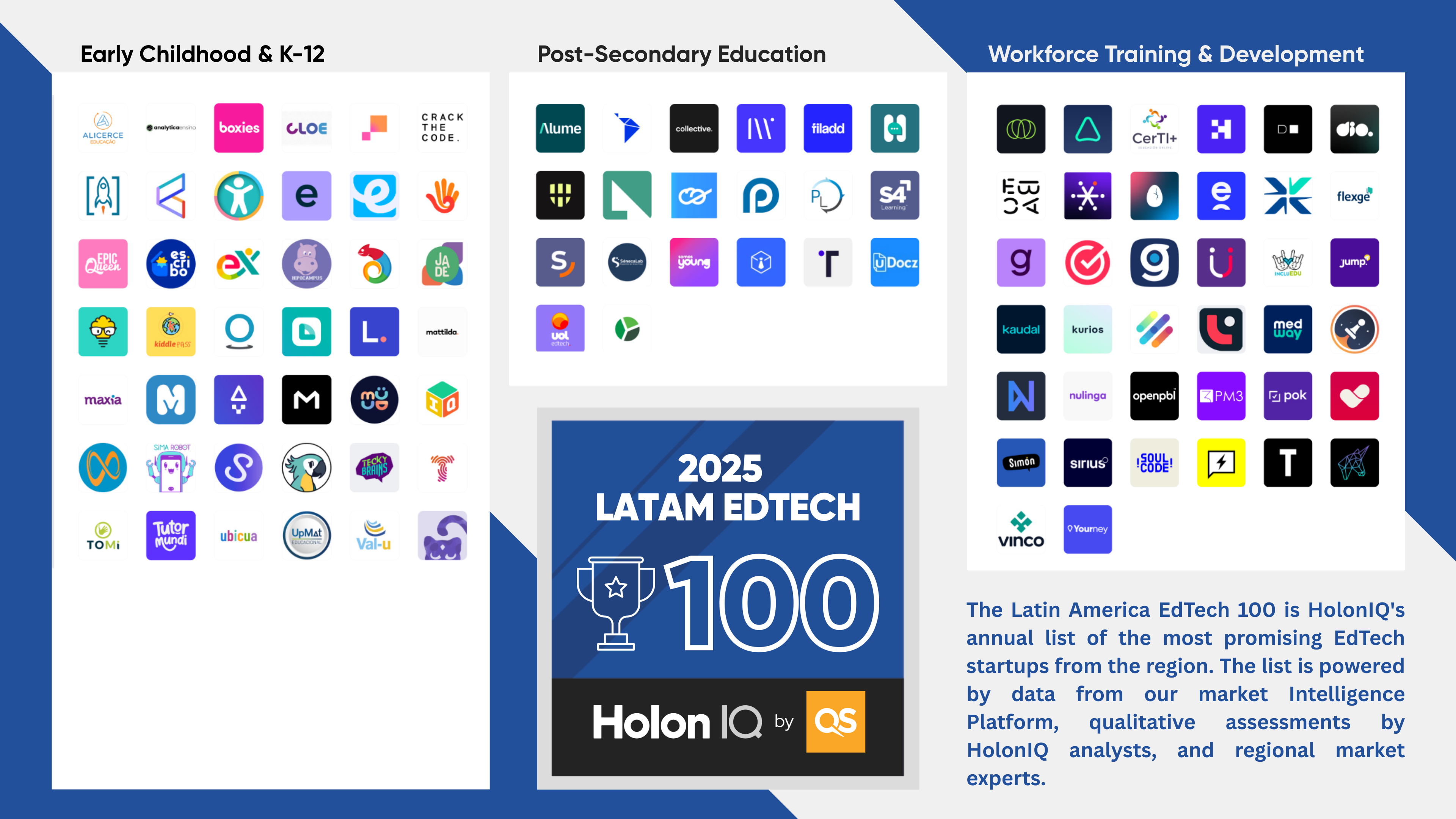HolonIQ’s Annual Education Market Expectations survey gathers data and perspectives from our Global Panel on the state of the global education market. This year’s results and respondent comments show that organizations are facing financial and political uncertainty, technology challenges and talent shortages.
Key market trends and issues for organizations ranged widely depending on geography, sector and organizational context, but several themes emerged across the board. Global and regional economic uncertainty is putting pressure on established organizations, EdTech companies and educational institutions, with restrictions on the availability of capital and budgets for growth and innovation.
Technology was also identified as a significant issue, particularly the continued mandate for digital adoption and transformation initiatives and ongoing evolution of diverse learning design and delivery modes, especially for Higher Education institutions. Advanced technologies are also considered an important trend, with the possibilities and challenges of AI top of mind. Related to many of these trends is the broad issue of talent acquisition, retention, and development. New skills are needed, but the labor market is tight and the workforce is still recovering and reflecting on an extended period of disruption.
The full briefing covers
- Market Conditions
- Demand Expectations
- Growth Strategy
- Workforce Changes
- Disruption
Market Conditions
Education market conditions have been challenging, with the situation broadly expected to stay the same, or improve a little over the coming year.
Overall, the impact of challenging world and regional events on the global education market has been felt significantly, particularly in the second half of the year. 30% felt that market conditions in their country were moderately worse and 28% felt they were the same compared to 6 months ago. There was some positivity from 24% of respondents, however, who perceived market conditions to be moderately better now.
Looking ahead to the next 6 months, sentiment is mixed but tending somewhat optimistic, with 34% expecting the situation to remain the same, and 28% forecasting moderate improvement. Still, one quarter of our respondents are expecting the situation to deteriorate within the coming 6 months.

Comments from this year's cohort show a spectrum of different experiences, with both opportunities and risks on the horizon. Sectors where conditions are felt to be worse or the same as 6 months ago include Corporate Training and Lifelong Learning in particular, but along with increased interest from governments and industry in upskilling and reskilling, both of these are expecting moderately better or similar market conditions in the coming year. The Higher Education sector is more mixed in outlook, with over 40% still expecting worse conditions to come.

Analysis by sub-sector again shows a marginal shift to positive expectations for the next 6 months, particularly in Tutoring/ Test Prep, Language Learning and Workforce/ Talent. There is more caution in Testing & Assessment, which is to be expected with recent intense focus on the threats and opportunities posed by Artificial Intelligence solutions.







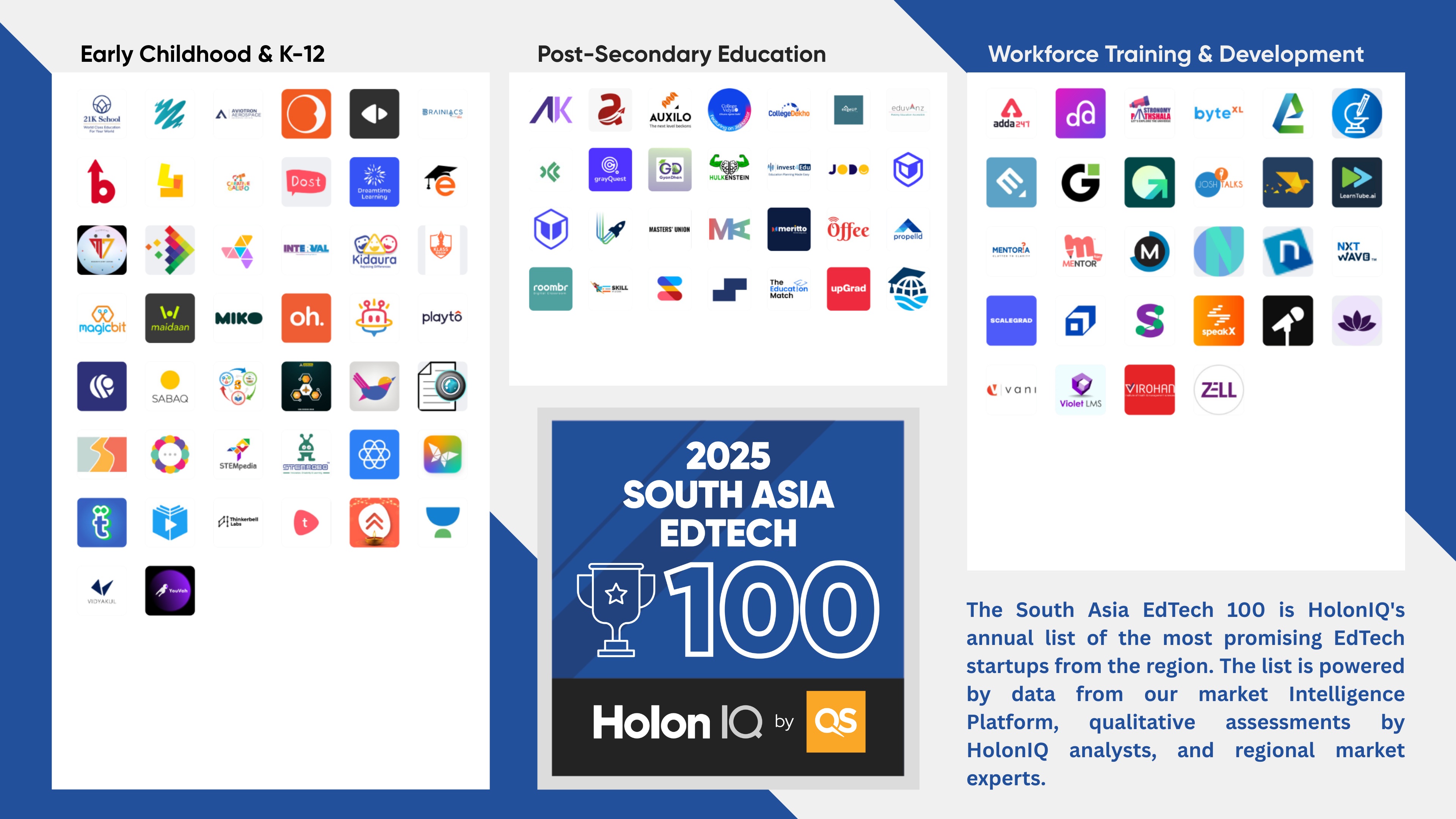
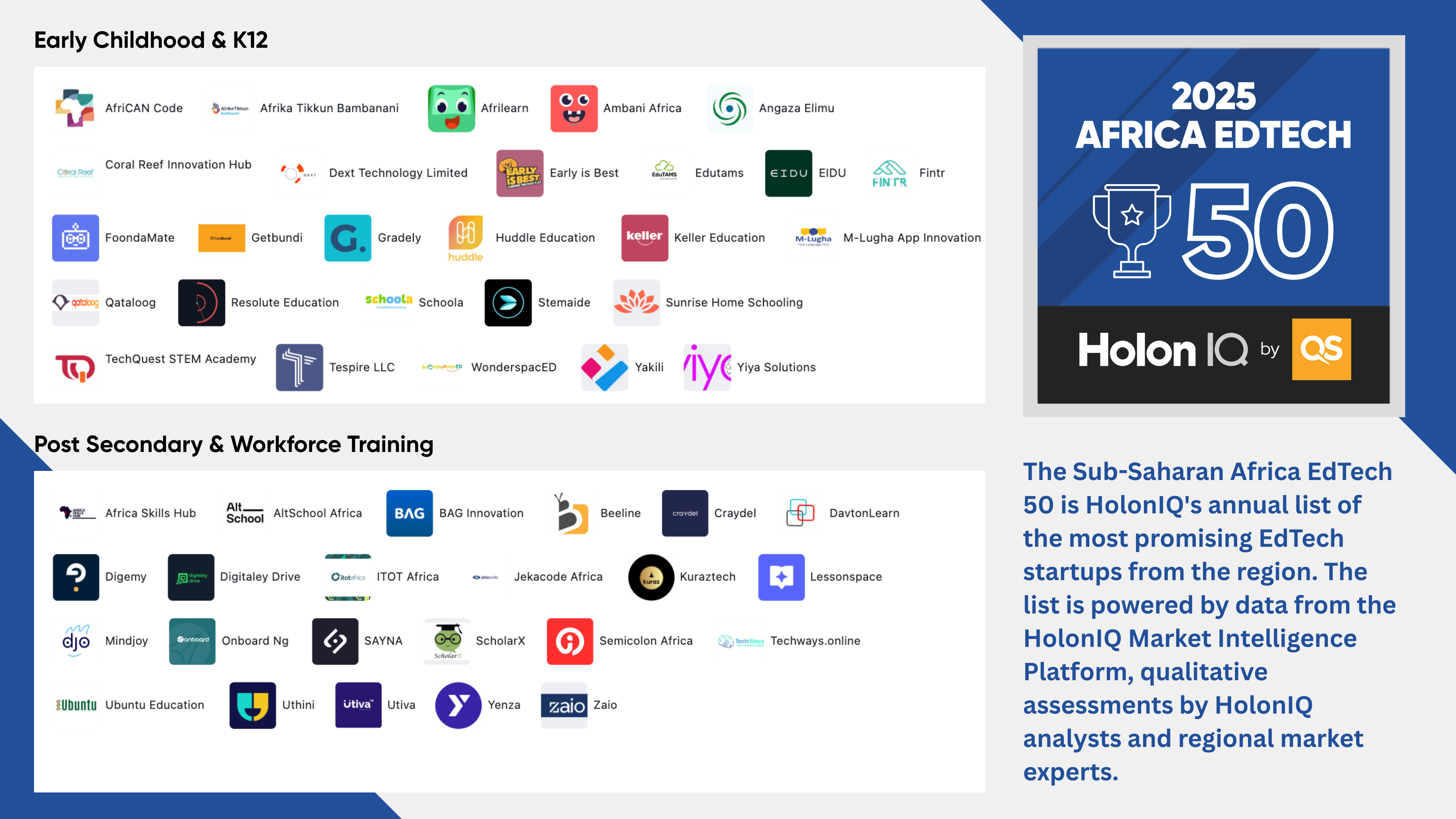
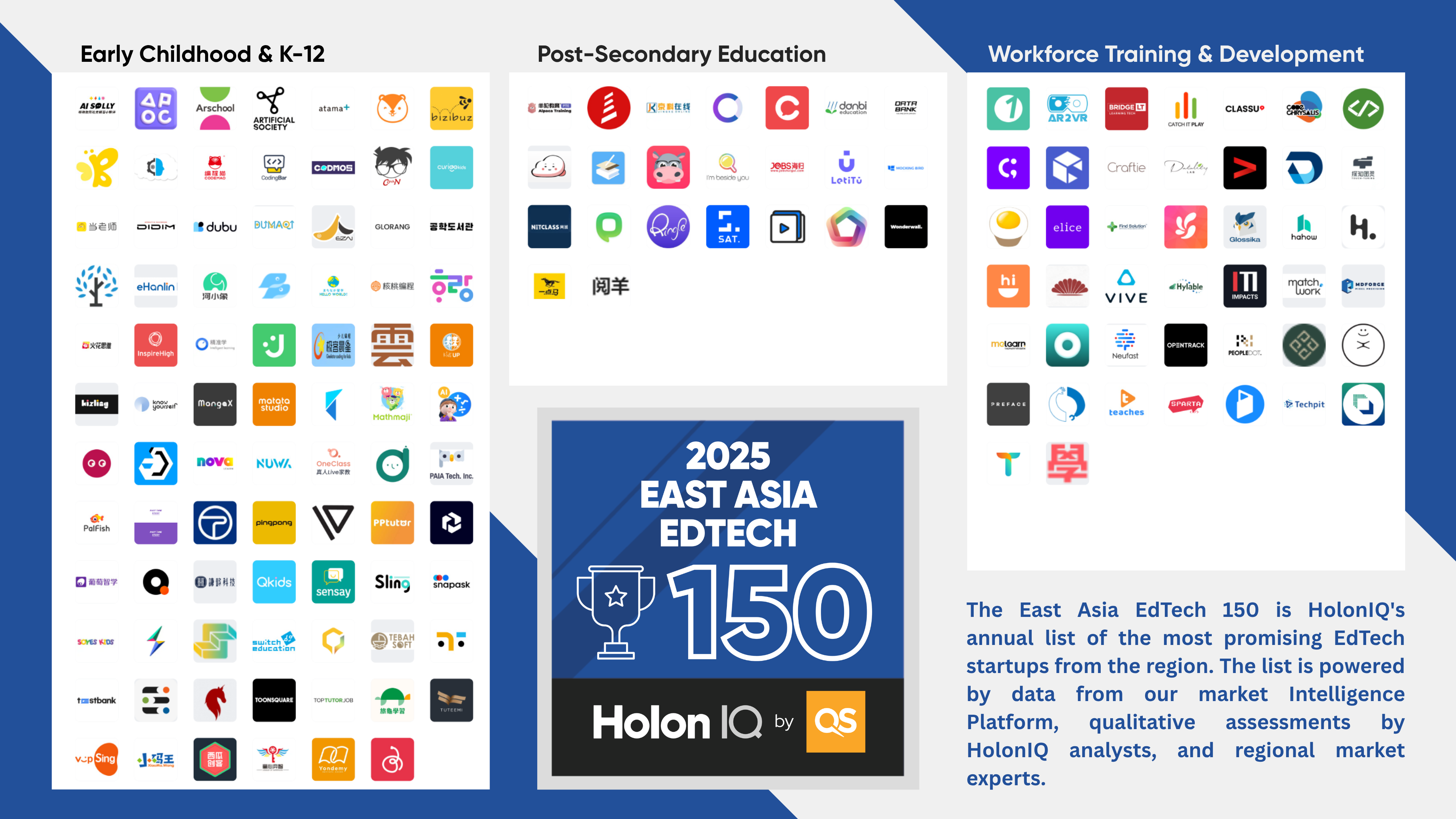
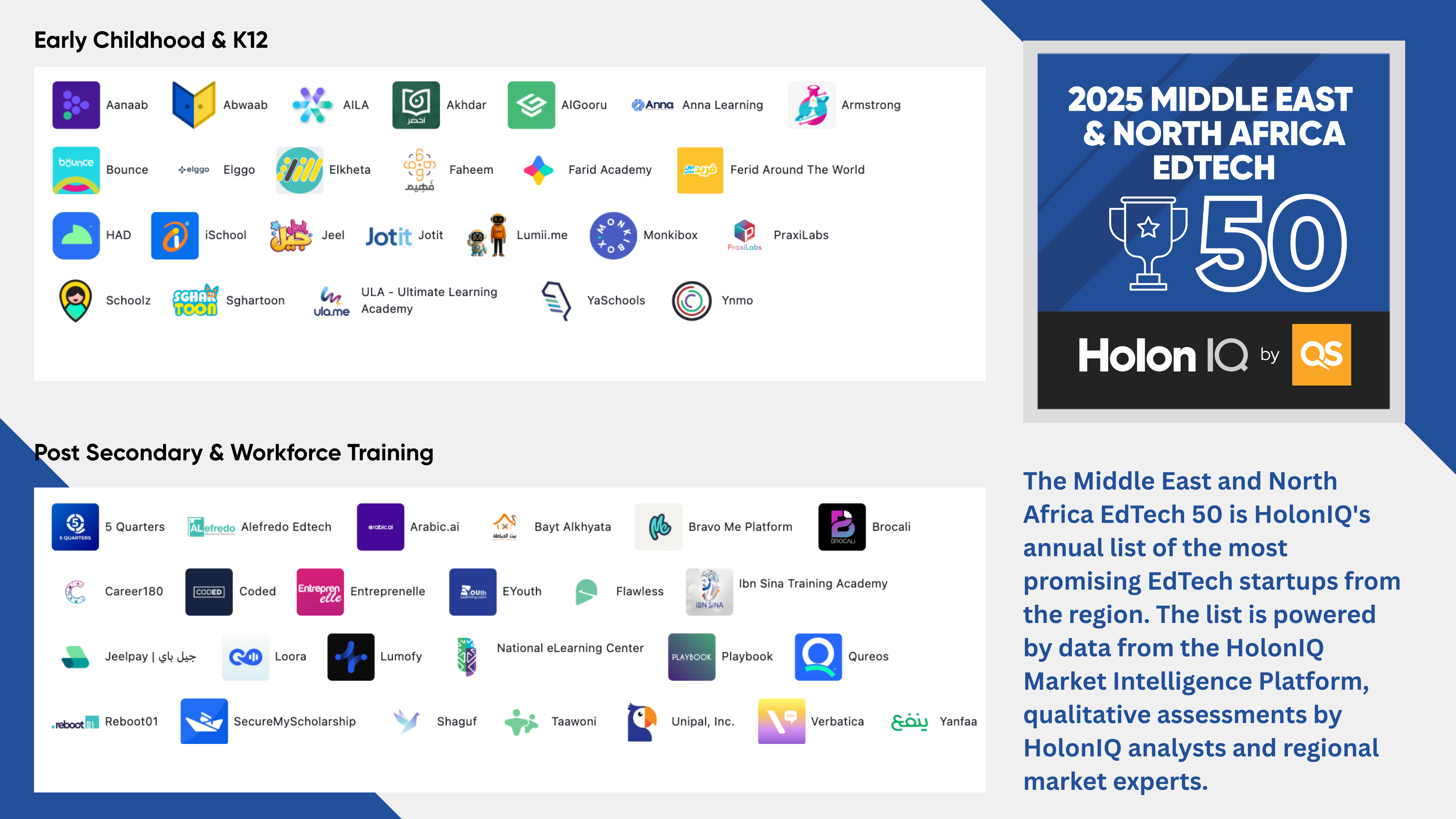
.png)
